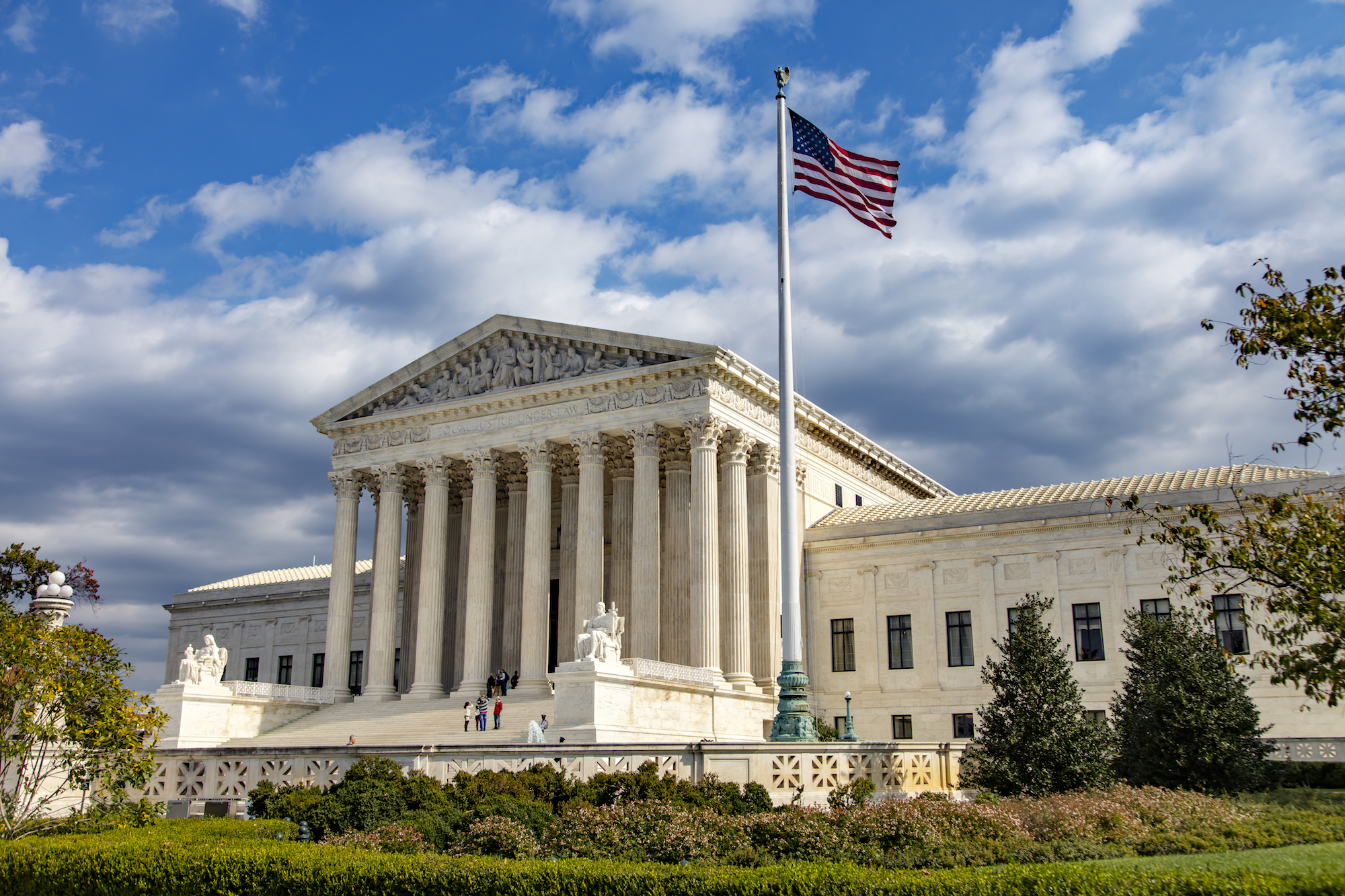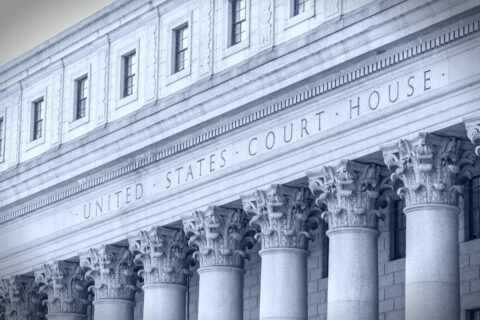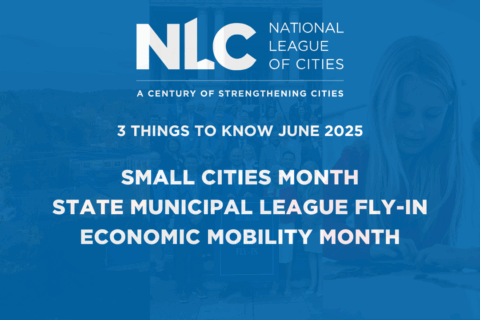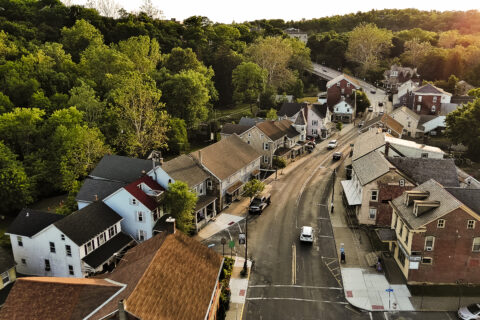In Department of Homeland Security v. New York the U.S. Supreme Court will decide whether the Trump administration’s “public charge” definition violates the Immigration and Nationality Act (INA) or is arbitrary and capricious under the Administrative Procedures Act (APA).
One of the factors relevant to whether a non-citizen may become a lawful permanent resident is whether he or she is likely to become a “public charge.” This term isn’t defined in the INA. Since 1999, federal rules considered four “cash” public benefits: Supplemental Security Income, Temporary Assistance for Needy Families, state and local cash assistance programs, and Medicaid. A 2019 final rule added “non-cash” benefits used for more than 12 months in any 36-month period including food stamps, Section 8 housing voucher and rental assistance, and public housing.
Three states, New York City, and a number of nonprofits sued the Department of Homeland Security (DHS) arguing the definition violates the INA is arbitrary and capricious under the APA. The Second Circuit affirmed the federal district court’s preliminary ruling against DHS.
Regarding the INA, the Second Circuit concluded Congress ratified the “prevailing administrative and judicial interpretation” of the term public charge to mean a non-citizen who can’t earn a livelihood, lacks sufficient funds to support himself or herself, and has no one else to support him or her. The problem with the 2019 public charge rule, according to the Second Circuit, is it “categorically renders non-citizens public charges . . . if they are likely to access any quantity of the enumerated benefits for a limited number of months.”
DHS likewise argued that it wasn’t arbitrary and capricious to change the definition of public charge because it was attempting to further Congressional intent that non-citizens be self-sufficient. The Second Circuit rejected this argument noting, “Congress’s vision of self-sufficiency does not anticipate abstention from all benefits use.” “Had Congress thought that any benefits use was incompatible with self-sufficiency, it could have said so, either by making non-citizens ineligible for all such benefits or by making those who did receive them inadmissible. But it did not.”
Finally, DHS argued that adding non-cash benefits to the definition of public charge wasn’t arbitrary and capricious because non-cash benefits “bear directly on self-sufficiency.” The Second Circuit opined the DHS failed to offer “any factual basis” for its assertion that “non-citizens using these programs would be unable to provide for their basic necessities without governmental support.” The lower court pointed out that programs like food stamps are open to households exceeding federal poverty guidelines, are supplemental, and are used by persons working for many of America’s largest corporations.
It is possible the Supreme Court won’t decide this case on the merits for two reasons. First, DHS argues the plaintiffs’ interest in this case fall outside the “zone of interests” of the INA because they are seeking to “facilitate greater use of public benefits by non-citizens,” which according to DHS is “inconsistent with the purposes of the public charge ground.”
The Second Circuit concluded DHS’s argument “mischaracterizes both the purpose of the public charge statute and the Plaintiffs’ interests.” According to the
Second Circuit: “Congress enacted the public charge ground to refuse admission to non-citizens who will likely be unable to support themselves in the United States, which is not tantamount to ensuring that non-citizens do not access any public benefits.” The Second Circuit characterized the interest of the states to be protecting “the economic benefits that result from healthy, productive, and engaged immigrant communities.”
This case, which won’t be heard until next October, could be moot if the Biden administration is able to rescind the 2019 rule before the Court decides this case.
NLC issued comments in the federal register regarding these proposed changes in 2018, stating that they would have a direct negative impact on the economic vitality of our communities, both to local businesses and the workforce, and would endanger the health and well-being of our residents. NLC joined a local government brief in support of New York in this case, opposing further expansion of the public charge definition that would preempt cities from offering services to all residents in their communities.









